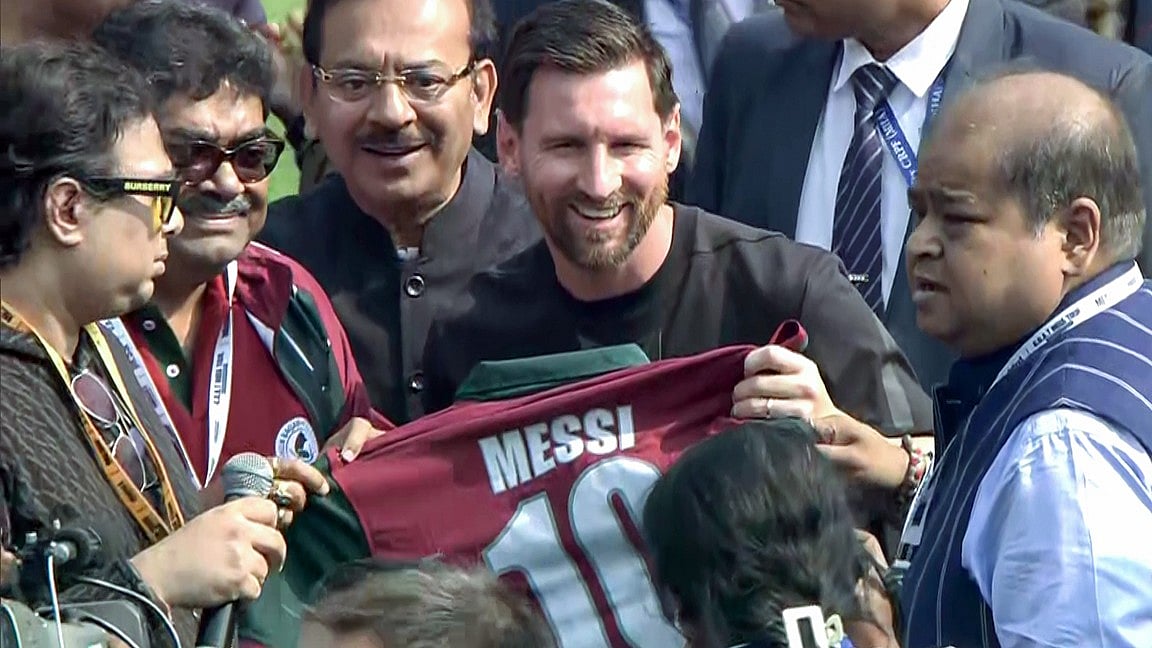Several parties are making Backward Classes (BC) census a major issue of election campaigns. Such symbolism without substance, heat without light, and noise without clarity has become integral to our fractious, loud election campaigns.
One thing is clear; enumeration of the population on the basis of caste has no bearing on reservations in higher education or public employment. We already have robust policies to give opportunity to disadvantaged sections of society. There is an impressive political consensus on reservations among all parties. In fact, out of the 106 amendments to the Constitution enacted so far, as many as 29 (27%) are related to reservations in favour of disadvantaged sections of society. All over the country Scheduled Castes (SCs), Scheduled Tribes (STs), and Backward Classes (BCs) have quotas in higher education seats, government employment and electoral constituencies in various tiers. Supreme Court categorically decided that up to 50% of government jobs and higher education seats can be reserved for various sections of society as part of affirmative action policies. BC census will make no difference.
Regarding political reservations, SCs and STs have always had seats reserved in proportion to population. In fact in local governments (LGs), the reservations for SCs, STs and BCs, and Women are about 75% of the elective offices. Curiously, despite actual reservation for BCs in LGs, no party or government (except in Kerala) has showed any commitment to empower LGs. In most cases LGs are ornamental and toothless: they have neither adequate resources nor devolution of finances; and they have no decision making powers or control over local bureaucracy in respect of subjects listed in 11th and 12th Schedules of the Constitution. This clearly shows that parties only pay lip sympathy to political empowerment of disadvantaged sections.
In respect of State Assemblies and Lok Sabha, the parties are increasingly enhancing representation to BCs. In the early years after independence, the legislatures were largely the preserve of the so-called upper castes, or other castes (OCs), apart from the Constitutional reservation of seats for SCs and STs. Increasingly demographic realities are influencing electoral politics, and parties are nurturing and embracing leadership from BCs. In today’s India, in many major states BC leaders are dominant in politics. The prime minister himself is an authentic leader who emerged from the BCs. It should be a matter of pride, and a sign of success of democratic participation, that BC leaders and representatives have gained in importance in our election process and representation.
If BC census has no bearing on reservations in education and employment, and if BC leadership is rising through natural democratic process, then what purpose will be served by BC census? It is nothing but a symbolic step with an eye on political mobilisation, but this could have negative consequences.
We have fierce political competition, freedoms are available to all, elections are conducted freely and fairly, and elected governments exercise real power. In other words, we have a robust, functionary democracy. At the same time there are many serious flaws: illegitimate money power is rising in politics, there is excessive and often exclusive reliance on short-term individual welfare at the cost of collective needs and long-term public good; society is cynically fragmented on caste, region and religion for temporary political gain; rule of law is virtually absent, and might has become right; parties have become autocratic and members and leaders are completely at the mercy of high command; power is highly centralised, disconnecting people from governance; service delivery is abysmally poor; and corruption is rampant and ubiquitous.
BC census in this context offers no tangible benefits to BCs, nor does it improve the political culture and democracy. It serves only one purpose: in an already fragmented society, BC census will further promote caste consciousness and primordial loyalties without removing the disabilities imposed by caste and accident of birth. Such cynical ploys for political mobilisation based solely on caste show the failure of our political process in promoting opportunity to all children or enhancing freedoms for all citizens. In the face of glaring failures of governance, promotion of group identity is a retrogressive step.
Modernity and progress are about harmonising individual growth and collective good, not promotion of group identities without improving the lot of citizens. Caste system is a bane of Indian society. Vertical fragmentation based on birth is a disgrace to any society. Our moral neutrality to inequality by birth is inimical to healthy society and economic growth. But the answer to these failings lies in quality education to every child to fulfil her potential, accessible healthcare to all citizens to eliminate avoidable suffering and enhance productivity, electoral and political reforms to allow the rise of competent leaders from all sections through ethical and rational means, decentralisation of power to enable the citizens to discover the link between vote and their lives, rule of law to protect rights of all, and economic growth, jobs and incomes so that skill and hard work, not birth and privilege, become the determination of individual growth.
The focus on BC census and complete neglect of real issues of political and governance reforms and economic opportunities to all is a classic case of political symbolism without substance. Worse still, it may only accentuate caste consciousness at a time when we need to transcend caste and other divisive loyalties.
(The author is the founder of Lok Satta movement and Foundation for Democratic Reforms. Email: drjploksatta@gmail.com/Twitter@jp_loksatta)










